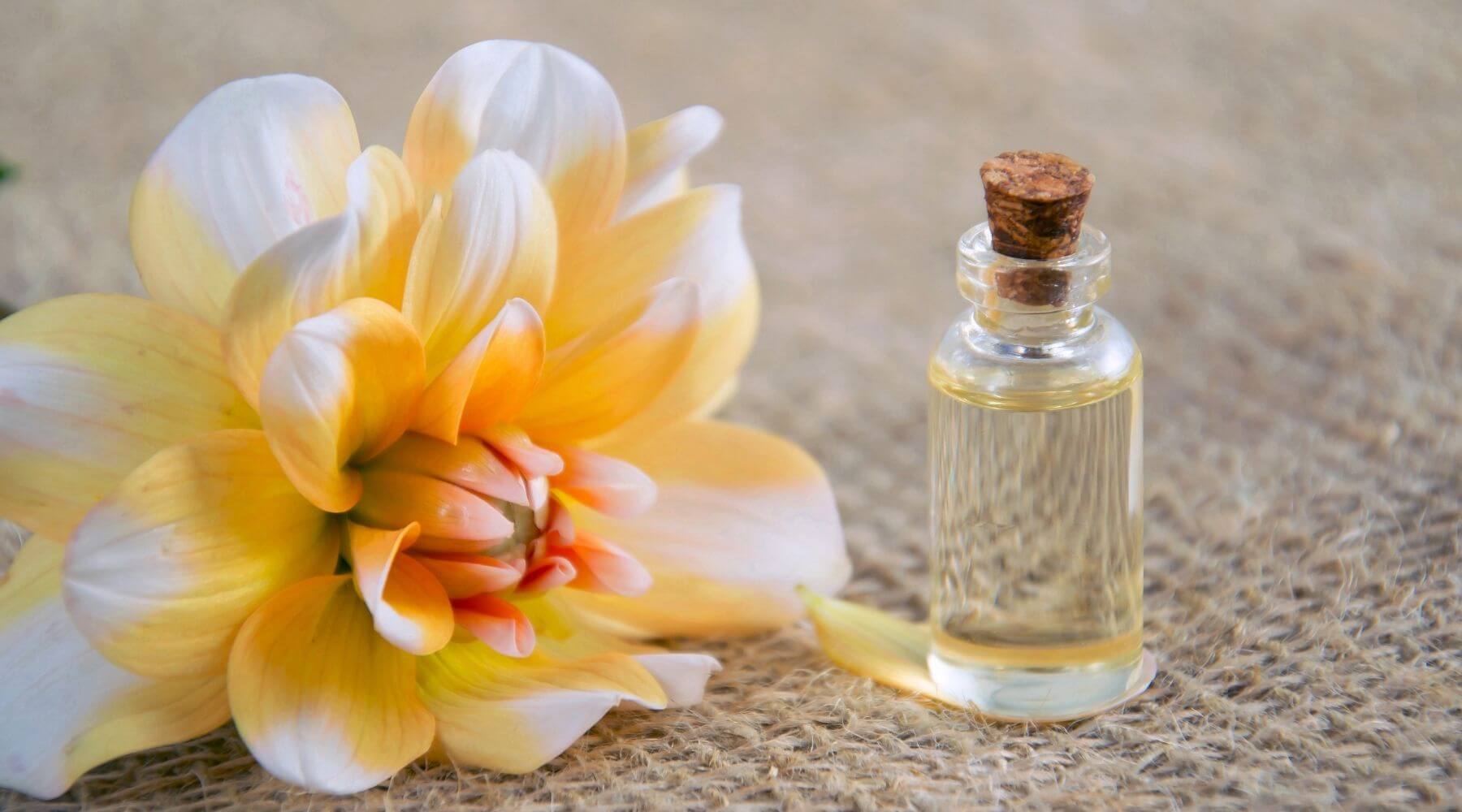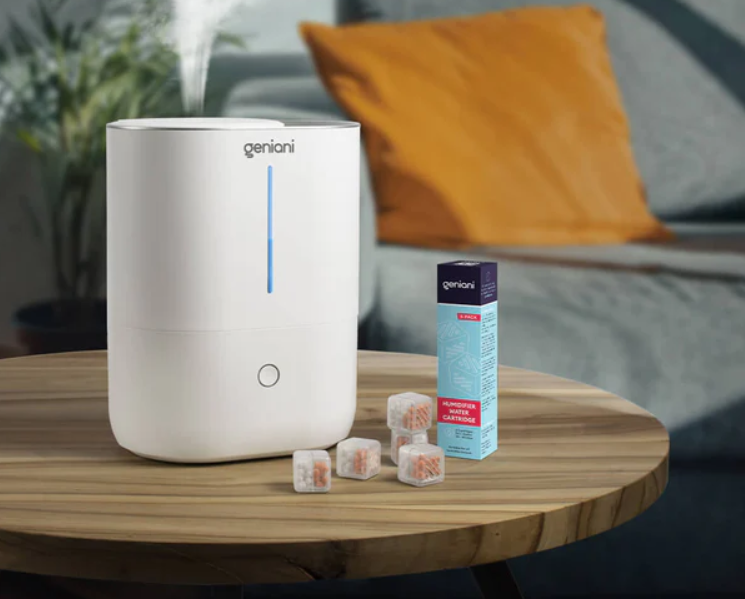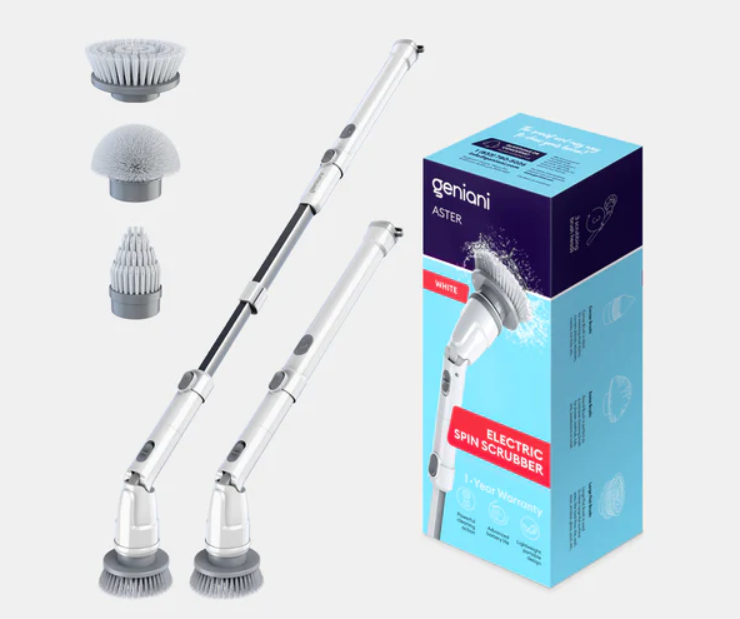Today, the use of essential oils is gaining traction. This is why many people often wonder whether they can put essential oils in a humidifier. When used this way, oils give the air a pleasant scent while also having a good effect on human health. Essential oils have been used by many cultures for over 5000 years, benefitting the health of those who enjoyed their fragrances. Unless you try, you will not understand the benefits of using a humidifier as well as essential oils. So give essential oils in a humidifier a try.
What is an essential oil

What are essential oils? Essential oils are the essence of a plant, a gift from the earth, distilled and prepared for you to bring the power of nature into your home. Inside many plants—hidden in roots, seeds, flowers, bark—are concentrated, highly potent chemical compounds. These natural compounds are essential oils. Essential oils give a plant its scent, protect it from hazardous environmental conditions, and even assist it with pollination, among other important functions and benefits.
Beneficial and harmful effects of essential oils

The best essential oils for sleep
Despite their widespread use, little is known about the ability of essential oils to treat certain health conditions. Here’s a look at the evidence regarding some of the common health problems that essential oils and aromatherapy have been used to treat.
Stress and anxiety
It has been estimated that about 43% of people who have stress and anxiety use some form of alternative therapy to help relieve their symptoms. Regarding aromatherapy, initial studies have been quite positive. Many have shown that the smell of some essential oils can work alongside traditional therapy to treat anxiety and stress. However, due to the scents of the compounds, it’s hard to conduct blinded studies and rule out biases. Thus, many reviews on the stress- and anxiety-relieving effects of essential oils have been inconclusive. Interestingly, using essential oils during a massage may help relieve stress, although the effects may only last while the massage is taking place. A recent review of over 201 studies found that only 10 were robust enough to analyze. It also concluded that aromatherapy was ineffective at treating anxiety.
Headaches and migraines
In the ’90s, two studies found that dabbing a peppermint oil and ethanol mixture on participants’ foreheads and temples relieve headache pain. Recent studies have also observed reduced headache pain after applying peppermint and lavender oil to the skin. What’s more, it has been suggested that applying a mixture of chamomile and sesame oil to the temples may treat headaches and migraines. This is a traditional Persian headache remedy. However, more high-quality studies are needed.
Sleep and insomnia

A good sleep
Smelling lavender oil has been shown to improve the sleep quality of women after childbirth, as well as patients with heart disease. One review examined 15 studies on essential oils and sleep. The majority of studies showed that smelling the oils — mostly lavender oil — had positive effects on sleep habits.
Reducing inflammation
It has been suggested that essential oils may help fight inflammatory conditions. Some test-tube studies show that they have anti-inflammatory effects. One mouse study found that ingesting a combination of thyme and oregano essential oils helped induce the remission of colitis. Two rat studies on caraway and rosemary oils found similar results. However, very few human studies have examined the effects of these oils on inflammatory diseases. Therefore, their effectiveness and safety are unknown.
Antibiotic and antimicrobial
The rise of antibiotic-resistant bacteria has renewed interest in the search for other compounds that can fight bacterial infections. Test-tube studies have investigated essential oils, such as peppermint and tea tree oil, extensively for their antimicrobial effects, observing some positive results. However, while these test-tube study results are interesting, they do not necessarily reflect the effects that these oils have within your body. They don’t prove that a particular essential oil could treat bacterial infections in humans.
A harmful effect and danger
If you use essential oils with your humidifier, be sure to exercise caution and follow some recommendations:
- Only add a strictly recommended amount of essential oil to your humidifier. Do not go over the limit trying to get a richer scent.
- Select the essential oil with care. Usually, the packaging indicates the product’s components and intended purpose.
- Do not leave your humidifier with aromatization mode on for a long time. The scent will spread around the room and last for a while.
- Don’t choose scents that cause allergies.
- People with the bronchial disease should not inhale intense scents.
- Pregnant women and nursing mothers should exercise caution when using essential oils capable of causing allergies in both mother and child.
- Important! People with thyroid disorders are not allowed to use fragrant substances.
Humidifier vs diffuser – which one is better for diffusing essential oil

Humidifiers are used to increase humidity in an area, usually in a single room unless you have a whole-home humidifier. There are two types of humidifiers used in homes, a cool mist or a warm mist. A cool-mist humidifier uses a fan to move air through a wick that is full of water, so the water evaporates into the air. A warm mist humidifier heats the water to the boiling point, so the water vapors dissipate into the room air. Some homes prefer a warm mist humidifier in the winter months. Parents often use a room humidifier in a baby or child’s room.
Diffusers transmit essential oils out into the air in your home. There are numerous types of oil diffusers:
- Nebulizing diffusers use a cold air pump along with a spritzer to atomize oils into vapor droplets that are released into the air. This type doesn’t use heat.
- An ultrasonic diffuser vibrates a disc using electrical impulses, so the oils are spread out into the air. This type also doesn’t use any heat.
- Cool mist humidifiers are one of the most popular types and it works similarly to a humidifier in that it gently sprays a mist into the room that carries the oils into the air.
Is there a right way to diffuse essential oils
If you are just finding out about all the wonderful benefits you and your family can receive from diffusing, you may have tons of questions. How much oil are you supposed to use? Can I run the diffuser all day? These are some valid questions. We know diffusing oils can be good for the body and mind. Diffusers run for different lengths of time. Some run for three hours, some four, and some of them can run up to eight hours. Those that run for longer periods of time usually run intermittently. You’ll need to add 4 to 5 drops of your choice of essential oil or oil blend in the diffuser with water to the “full” line. The one caveat is that you only want to diffuse intermittently. This allows the body to absorb the oils without becoming saturated. You can get too much of a good thing.
Is humidifier with oil diffuser real
If your favorite part about being home is getting to wind down and relax with a little aromatherapy, an essential oil diffuser is definitely for you. However, if you’re sharing your space with other people, a humidifier is your best bet. Fortunately, there are a lot of 2 in 1 humidifier that you can put essential oils in. A humidifier as an oil diffuser is cool enough because you get both fresh air and a slight aroma at home. If you’re living with kids and/or pets, a humidifier is also better so as not to trigger any allergies that could be caused by essential oils.
Check one of the humidifiers you can put essential oils here.
Can you add essential oils to humidifiers

The humidifier is designed to eliminate the problem of dry air. With it, people stop getting sick, and their health becomes better. On top of that, this new environment has a positive effect on houseplants and interior items made of wood and paper. However, in addition to its primary function, the humidifier can give you a little aromatherapy treat. Humidifier for essential oils, unlike the conventional humidifiers that split both water and essential oils into a multitude of minuscule particles and then spray them across the room creating a pleasant and comfortable microclimate. Using oils with regular humidifiers is not recommended. It makes the device very dirty and shortens its life cycle. Aroma humidifier, on the other hand, has a special container for essential oils. This way, they evaporate without coming into contact with other parts of the appliance. It is recommended to use about 5 drops of essential oil per every 15 sq. m. of the room.
Which essential oil can be used in a humidifier
If you are using a humidifier with an essential oil diffuser tray, any essential oils can be used ranging from chamomile extract to lemon essential oils. Water-soluble fragrance oils stand out from regular essential oils for their concentration and are excellent for use in humidifiers. To obtain this product, glycerin is removed from the essential oil to reduce its density and viscosity and is later replaced with alcohol. The resulting product has the same properties as classic ether. This means that the result you get is largely dependent on you.
The best 5 essential oils ever
Distilled from the leaves, flowers, and seeds of plants, there are so many kinds of essential oils. To help you sift through the essential oil shelf, we rounded up a list of oils, along with specific recommendations.
Peppermint essential oil
In addition to having a delightful scent that many people associate with during the winter holidays, peppermint oil has health benefits for athletic performance and can improve irritable bowel syndrome (IBS) symptoms.
Lavender essential oil
Lavender essential oil provides a soothing and relaxing scent. It’s often used in aromatherapy to relieve stress. Lavender oil also makes an excellent massage oil when mixed with a carrier oil.
Tea tree oil

Top essential oils for everyone
Tea tree (melaleuca) oil is thought to have antibacterial and antifungal properties. It’s used in wound care, to eliminate head lice, and to control dandruff. Tea tree oil can be added to shampoos or used in diluted form on the skin for minor fungal infections, such as athlete’s foot.
Chamomile essential oil
The comforting scent of chamomile has coaxed many people into sleepover the centuries. Chamomile essential oil has a lot of benefits to health, including anxiety reduction.
Ylang ylang essential oil
Ylang ylang has a light, floral scent and is used in aromatherapy to reduce tension and stress. Some users say it’s also beneficial for insomnia. This ylang-ylang oil comes from certified organic flowers and is steam distilled. Like other Eden Botanicals oils, to see a list of individual chemical components, read the certificate of analysis (COA) available in the product description.
Humidifier with an oil diffuser
As you can see, your health is not harmed by essential oils (except when you suffer from pathologic conditions), but rather benefits from them. However, be sure to take into account your peculiarities to prevent any damage to your health.







